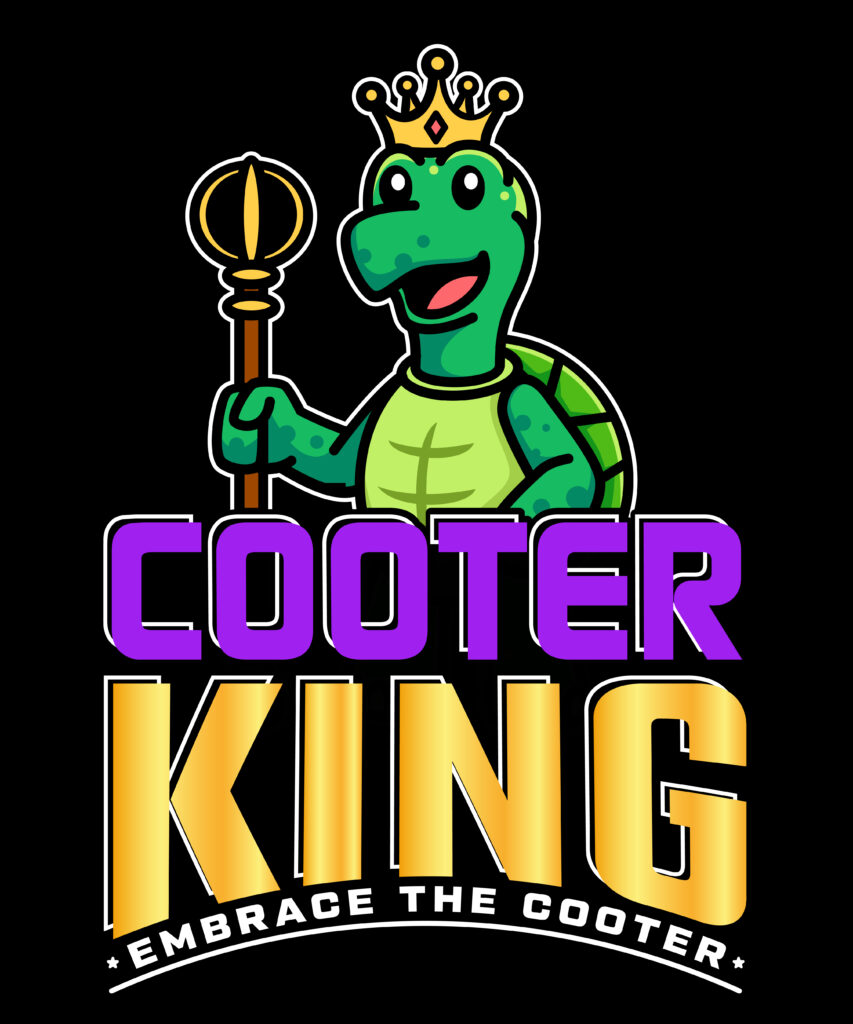“We do not inherit the earth from our ancestors; we borrow it from our children.”
A system is defined as “a set of things working together as parts of a mechanism or an interconnecting network; a complex whole.” We are a piece of a whole on this planet; simply one more thing in the set of the Earth’s mechanism, just like every other organism here. Everything that digs, swims, crawls, walks, or flies plays an important role in maintaining the equilibrium of the system.
Because of the connected nature of systems, the individual mechanisms must work together to ensure the success of the system. The only way a system can be said to be a “success” is by enduring. You may go for a walk in the forest, along the river, and see an eagle swoop down, pluck a fish out of the river, and fly off; you may even remark to yourself about the splendor, or the horror, or the seeming random imbalance of it. However, the system, like The Dude, simply abides, barely even noticing the change, because that was the design of the system. Eagles are supposed to eat fish (among other things!) Had that fish jumped out of the water, and pulled the eagle under the surface, you would have a much better example of an imbalance in the system.
For a system to endure in the face of change, the system must have parts that are designed to monitor and maintain the equilibrium of the system. The system must be allowed, even capable, of finding the points of imbalance and reacting, adjusting these points, either passively or actively. As human beings, our bodies are capable of actively restoring our own homeostasis. When we become imbalanced – say, by being infected with influenza – we have leukocytes to restore the balance of the system. This is an active way to maintain our physical equipoise. Our body’s systems are actively attacking, destroying, and eliminating the threat in our system, then recording the information so that we can recognize the threat, should it return in the future. Normally, this process takes days; a mere pittance in the average human life span, which is a good thing, as you have stuff to do. Conversely, our planet’s ecosystem does not necessarily have an active agent to facilitate a return to homeostasis. All of its restoration must be done passively, which means it takes much more time to heal the “damage”. Returning to your ambulant behavior near the forest river, let us say that the population of the river fish is equal to 10x the number of eagle families that can subsist in the area. If the fish population drops below 10x (“damage” to the fish population,) eagles are going to be faced with some decisions: Do they stay and fight for the dwindling food supply, or do they leave and lay their eggs near another stream? Either way, over time, the local eagle population is going to dwindle; either from starvation, exodus, dwindling birth rates, or eagle-on-eagle mortality. With fewer eagles to eat them, the fish population will rebound (“heal”,) from below 10x, to 10x, and eventually to more than 10x, due to the lack of predation. Once the river fish population rebounds, and the river is seen frothing with flapping fish fins, the eagles will return, noting the abundance of edible materiel. This type of recovery, noted as more passive, takes generations! Truly a pittance in the average planetary life span, but the planet can wait.
This is a simplistic organization of a forest eco scene; fish are predated by more than just eagles, and eagles’ subsistence includes more than just fish. There are many, many more things in the forest network that lead it to homeostasis. But the point remains; passive recovery takes much more time than active recovery. Our planet, as wondrous and capable as it is, has not developed a mechanism to help it heal itself in times of increasing imbalance.
Or…….has it?
As humans, we have developed the capability of manipulating our environment to suit our needs. This is not unnatural, but we also have developed the ability for us to push the consequences of our manipulations out of our purview, not letting them impede our species’ growth. If the fish in the local river dry up, we just ship in fish from some other river. This seems like a solution for our own problem, but what about the area that is losing the fish? In a closed system, there is always a cost, even if we do not pay it at the time of the transaction.
With the power for us to make large scale change to our system, comes the responsibility to make sure these changes are not only sustainable, but simultaneously create the smallest detriment possible to surrounding systemic mechanisms; we are connected, and any change we make affects the totality of the system. That we can recognize our role in the destruction of the composure of the ecosystem shows we can also take agency in restoring said equilibrium. To put it mildly, humans have been failing at this facet of our devoir for far too long.
We here at Cooter King have noticed that the system begs for balance. By using the tools of cryptocurrency, Web3, and the power of tokenomics, we can help make a change to the way we have existed with our ecosystem for far too long. We may not be able to repair all the damage immediately, but we can help start a more serious, stable, dedicated preservation process now. With a little luck, and a lot of effort, we will be able to change the way we evaluate our systemic interactions in all our future endeavors.
Join Cooter King in helping us preserve the ability for our children to live off the land, water, and air that they have loaned to us.
